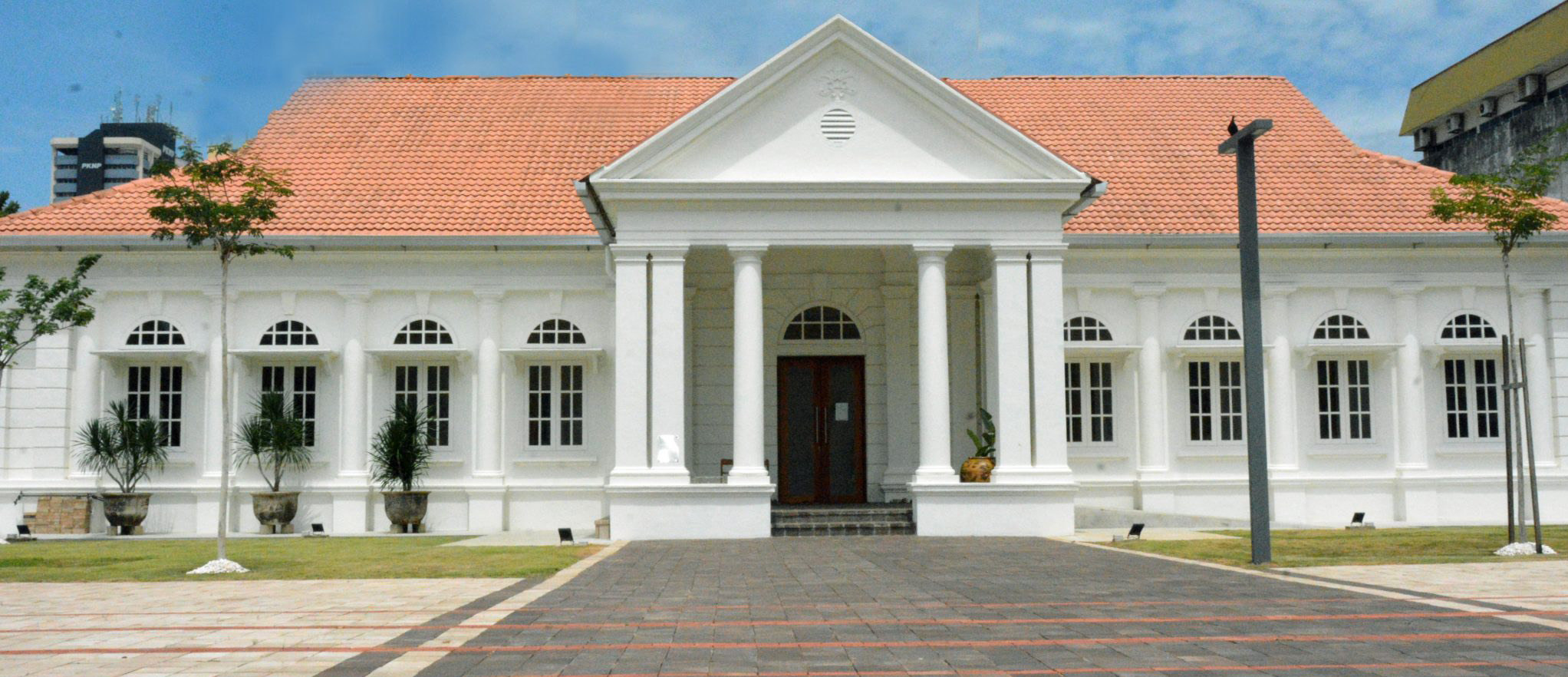DeNicola, Daniel R.
Learning to flourish : a philosophical exploration of liberal education / Daniel R. DeNicola - New York : Continuum, 2012 - x, 270 p. ; 23 cm.
Includes bibliographical references and indexes.
Pt. 1. Toward a theory of liberal education. Mixed messages and false starts -- Liberal education and human flourishing -- pt. 2. Paradigms of liberal education. Transmission of culture -- Self-actualization -- Understanding the world -- Engagement with the world -- The skills of learning -- pt. 3. The values and moral aims of liberal education. Core values of liberal education -- Intrinsic value -- Educating a good person -- pt. 4. Obstacles, threats and prospects. Persistent concerns -- Newfound threats -- Promise and prospects.
"What is a liberal arts education? How does it differ from other forms of learning? What are we to make of the debates that surround it? What are its place, its value, and its prospects in the contemporary world? These are questions that trouble students and their parents, educators, critics, and policy-makers, and philosophers of education--among others. This work offers a philosophical exploration of liberal learning: a still-evolving tradition of theory and practice that has dominated and sustained intellectual life and learning in much of the globe for two millennia. This study will be of interest to anyone seeking to understand liberal arts education, as well as to educators and philosophers of education. The author weighs the views of both advocates and critics of the liberal arts, and interprets liberal education as a vital tradition aimed supremely at understanding and living a flourishing life. He elaborates the tradition as expressed in five competing but complementary paradigms that transcend theories of curriculum and pedagogy and are manifested in particular social contexts. He examines the transformative power of liberal education and its relation to such values as freedom, autonomy, and democracy, reflecting on the importance of intrinsic value and moral understanding. Finally, he considers age-old obstacles and current threats to liberal education, ultimately asserting its value for and urgent need in a global, pluralistic, technologically advanced society."--The publisher
9781441151063
Education, Humanistic--Philosophy--United States
Education--Philosophy
Education, Higher--Philosophy
Education, Higher--Aims and objectives--United States
Education, Higher--Social aspects--United States
College teaching--United States
LC1011
Learning to flourish : a philosophical exploration of liberal education / Daniel R. DeNicola - New York : Continuum, 2012 - x, 270 p. ; 23 cm.
Includes bibliographical references and indexes.
Pt. 1. Toward a theory of liberal education. Mixed messages and false starts -- Liberal education and human flourishing -- pt. 2. Paradigms of liberal education. Transmission of culture -- Self-actualization -- Understanding the world -- Engagement with the world -- The skills of learning -- pt. 3. The values and moral aims of liberal education. Core values of liberal education -- Intrinsic value -- Educating a good person -- pt. 4. Obstacles, threats and prospects. Persistent concerns -- Newfound threats -- Promise and prospects.
"What is a liberal arts education? How does it differ from other forms of learning? What are we to make of the debates that surround it? What are its place, its value, and its prospects in the contemporary world? These are questions that trouble students and their parents, educators, critics, and policy-makers, and philosophers of education--among others. This work offers a philosophical exploration of liberal learning: a still-evolving tradition of theory and practice that has dominated and sustained intellectual life and learning in much of the globe for two millennia. This study will be of interest to anyone seeking to understand liberal arts education, as well as to educators and philosophers of education. The author weighs the views of both advocates and critics of the liberal arts, and interprets liberal education as a vital tradition aimed supremely at understanding and living a flourishing life. He elaborates the tradition as expressed in five competing but complementary paradigms that transcend theories of curriculum and pedagogy and are manifested in particular social contexts. He examines the transformative power of liberal education and its relation to such values as freedom, autonomy, and democracy, reflecting on the importance of intrinsic value and moral understanding. Finally, he considers age-old obstacles and current threats to liberal education, ultimately asserting its value for and urgent need in a global, pluralistic, technologically advanced society."--The publisher
9781441151063
Education, Humanistic--Philosophy--United States
Education--Philosophy
Education, Higher--Philosophy
Education, Higher--Aims and objectives--United States
Education, Higher--Social aspects--United States
College teaching--United States
LC1011
